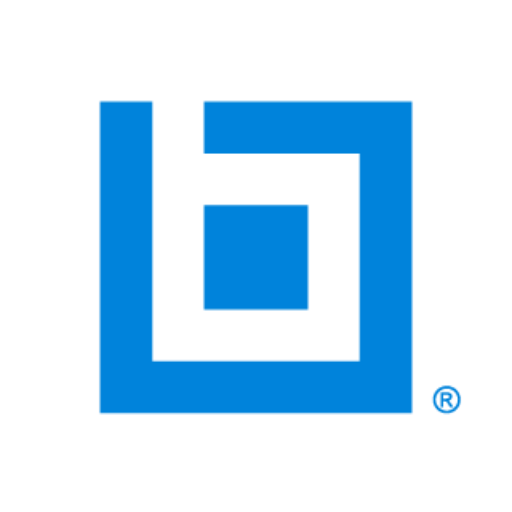by Andy Lau, SolidProfessor intern & UC San Diego student
Graduating from college and finding a job can be one of the scariest transitions for a student. This is the time where parents expect their child to find a job, pay for their own bills, and become a responsible adult. However, many recent graduates do not feel prepared to enter the real world. One may ask, why? This is because of the growing gap between educational and vocational programs from grade school to college.

Starting at a young age, educators and students are so focused in learning, testing, and meeting educational standards that they forget the value of obtaining the necessary knowledge and experience for a career. Schools have cut and replaced many practical programs like shop class, which build valuable skills and work experience, and replaced them with advanced academic courses like AP Calculus.
Although focusing on academics has many benefits, neglecting practical programs has a tremendous detrimental effect on graduates. Students are gradating with vast knowledge, however many do not know how to apply their skills. As a current student at UC San Diego, I know of many seniors with majors ranging from Biology to Math who are gradating this June and are still unsure of their career path. The question “What are you going to do after you graduate?” should not be so challenging for dedicated students.
Finding the right balance between academic and practical programs is vital in order to bridge the gap between school and work. For example, implementing more elective classes that focus on building practical skills can help. Out of school opportunities like internships and shadowing professionals can also be another solution. My experience as a Marketing Intern at SolidProfessor has taught me so much more about this filed, myself, and my career goals than the fourteen years I have been in school.
Graduation should be exciting – not a source of fear. Educators need to better prepare students by focusing on improving practical programs, recognizing that they are just as important as academic courses. Revamping educational standards and creating more practical courses will expose students to different career opportunities, build valuable work experience, and better prepare them for post-graduation life.
























